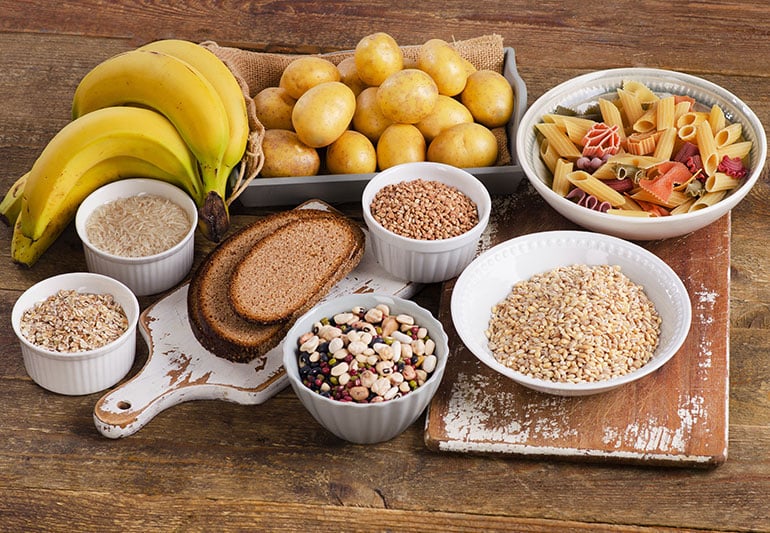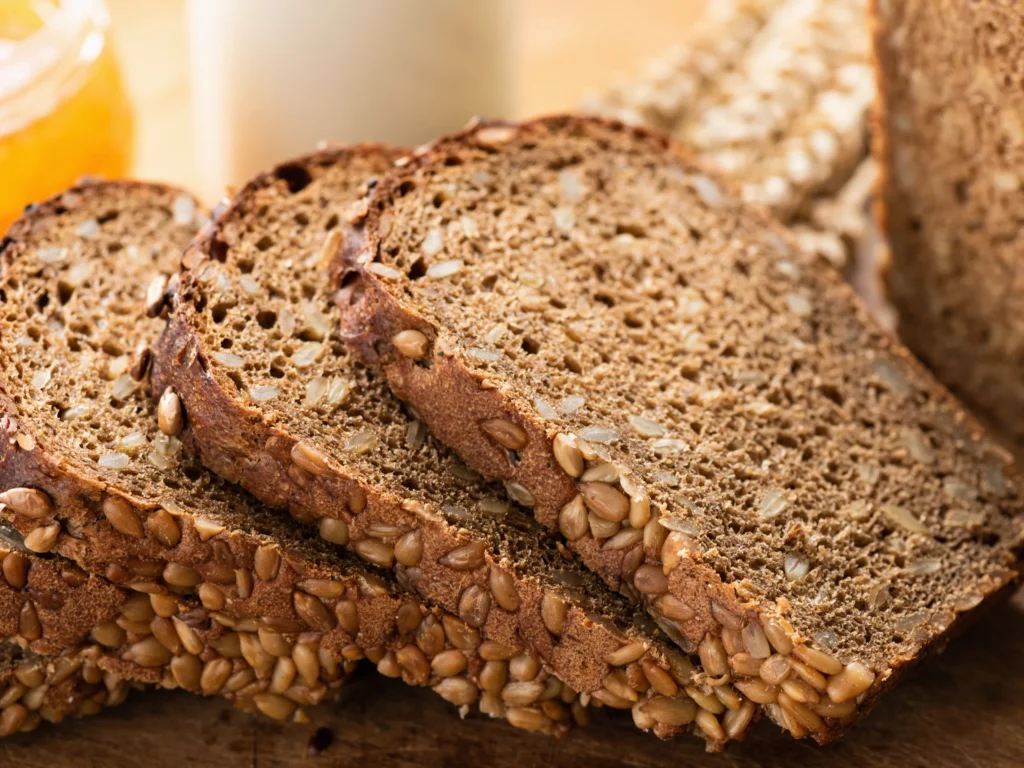Healthy habits play a crucial role in maintaining overall wellness throughout our lives. By incorporating simple yet effective habits into our daily routines, we can promote physical, mental, and emotional well-being. Here are some healthy habits for a lifetime of wellness:

- Regular exercise: Physical activity is essential for maintaining good health. Regular exercise helps to improve cardiovascular health, build muscle strength, and maintain a healthy weight. Find an exercise routine that you enjoy, whether it’s walking, jogging, swimming, or practicing yoga, and aim for at least 30 minutes of moderate intensity exercise most days of the week.
- Balanced diet: Eating a well-balanced diet that is rich in whole grains, lean proteins, healthy fats, and a variety of fruits and vegetables is vital for overall wellness. Make sure to include a wide range of nutrients in your meals, and limit processed foods, sugary snacks, and excessive salt and saturated fat intake.
- Adequate sleep: Quality sleep is crucial for overall wellness. Aim for 7-9 hours of sleep each night to allow your body to rest and recover. Establish a consistent sleep routine by going to bed and waking up at the same time each day and create a relaxing bedtime routine to help you wind down before sleep.
- Stress management: Chronic stress can have detrimental effects on our health. Find healthy ways to manage stress, such as practicing mindfulness, deep breathing exercises, or engaging in activities you enjoy. Prioritize self-care and take time to relax and recharge.
- Hydration: Staying hydrated is essential for overall wellness. Drink plenty of water throughout the day to keep your body properly hydrated, and limit consumption of sugary beverages and excessive caffeine.
- Social connections: Maintaining healthy relationships and social connections is vital for our mental and emotional well-being. Spend time with loved ones, engage in social activities, and seek support when needed. Building a strong support system can help us navigate challenges and promote emotional wellness.
- Regular health check-ups: Regular health check-ups with your healthcare provider are crucial for early detection and prevention of health issues. Make sure to schedule routine screenings, vaccinations, and dental appointments to maintain optimal health.

In conclusion, incorporating healthy habits into our daily routines is essential for a lifetime of wellness. By prioritizing regular exercise, a balanced diet, adequate sleep, stress management, hydration, social connections, and regular health check-ups, we can promote overall well-being and lead a healthier, happier life.



















